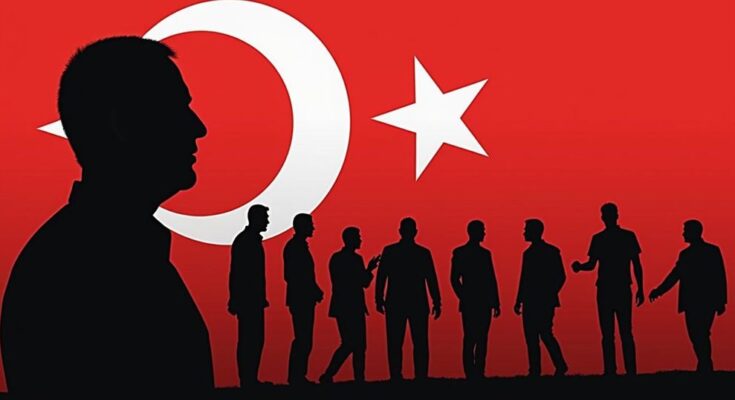Tunisian President Kais Saied is expected to win reelection with 89.2 percent of votes according to exit polls. Despite facing criticism for his authoritarian governance and repression of opposition, voter turnout was approximately 27.7 percent. Official results are pending from the Independent High Authority for Elections of Tunisia (ISIE).
Tunisian President Kais Saied appears poised for reelection, having garnered approximately 89.2 percent of the votes in the recent presidential election, according to an exit poll reported by the state television. This leads to a significant consolidation of Saied’s power following his controversial actions three years prior, which included a power grab widely interpreted as authoritarian. The official results from the Independent High Authority for Elections of Tunisia (ISIE) are anticipated to be disclosed later today. The election saw participation from two notable opponents, notably Zouhair Maghzaoui of the Chaab Party, who trailed with 3.9 percent of the votes, and Ayachi Zammel, a businessman who had previously been regarded as a serious contender but was incarcerated prior to the election. Zammel obtained 6.9 percent of the vote. Voter turnout was recorded at approximately 27.7 percent, falling short of ISIE’s expectations of 30 percent. Criticism has been levied against Saied by numerous political leaders and parties, who have been increasingly sidelined, with many opposition figures facing charges and imprisonment. Among the prominent political figures imprisoned is Rached Ghannouchi, head of the Ennahda party, which held a dominant position in Tunisian politics following the 2011 Arab Spring. While rights organizations have voiced concerns regarding Saied’s administration, asserting that he has reversed many democratic advancements achieved post-revolution, Saied has defended his policies as necessary to combat corruption and treachery among elites. Political unrest has characterized the pre-election period, notably with the disqualification of candidates by an electoral commission appointed by Saied amidst significant protests from opposition and civil society groups. Tunisia currently confronts severe economic challenges, including sluggish growth, elevated inflation, and high rates of unemployment, issues that have sparked civil unrest. Recent legislative actions have stripped the administrative court of its jurisdiction over electoral disputes, a crucial institution following Saied’s dissolution of the Supreme Judicial Council and dismissal of judges in 2022. Ceasing further dialogue with opposition forces, Saied previously dissolved the elected parliament and remodeled the constitution in an act described by critics as a coup, a new constitution that passed via referendum yet drew only 30 percent voter participation. The political landscape of Tunisia remains precarious, with many stakeholders apprehensively observing the forthcoming official election results.
This article discusses the recent presidential election in Tunisia, wherein incumbent President Kais Saied is positioned to secure another term based on preliminary exit poll results. The context involves a range of political tensions, including disqualified candidates, civil unrest, and the imprisonment of opposition figures, reflecting a deeply divided political atmosphere. Since taking office, Saied has faced significant criticism for his actions perceived as undermining democracy, amidst ongoing economic struggles. Understanding the implications of this election is crucial in assessing the future of Tunisian governance and the restoration of its democratic institutions.
In conclusion, the preliminary results of the Tunisian presidential election suggest a strong likelihood of re-election for Kais Saied, who has a contentious political history marked by allegations of authoritarianism and the suppression of opposition. The reported voter turnout reflects a growing disillusionment within the electorate, which could indicate broader challenges ahead for the Saied administration in reconciling with an increasingly critical populace amidst economic hardships.
Original Source: www.aljazeera.com




